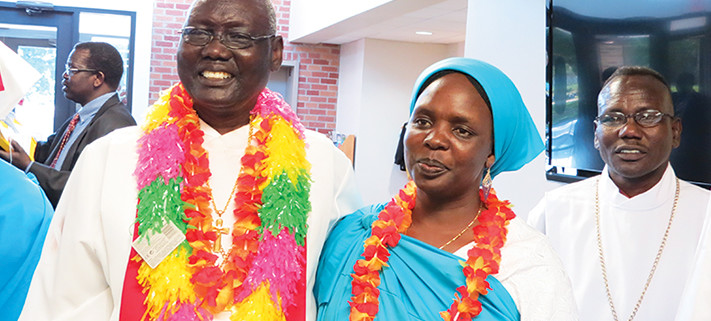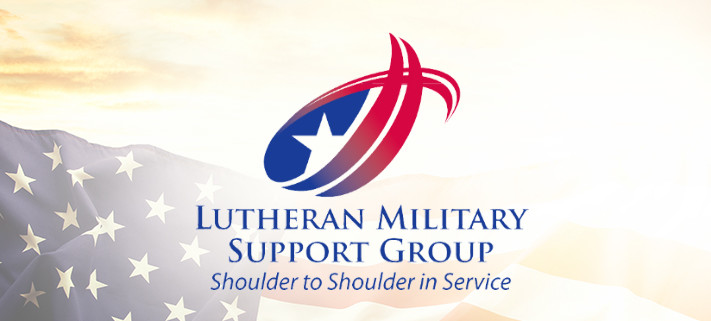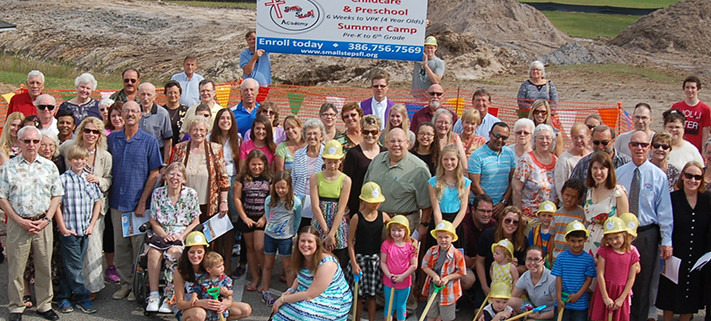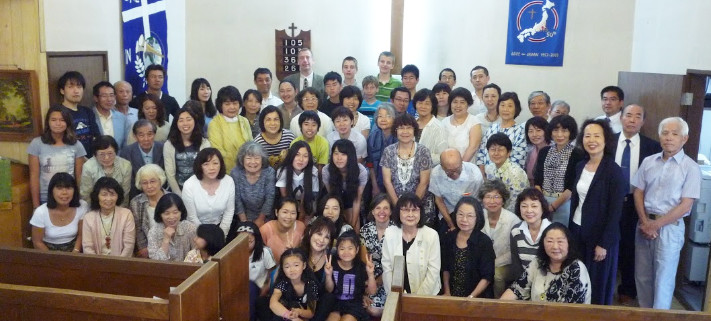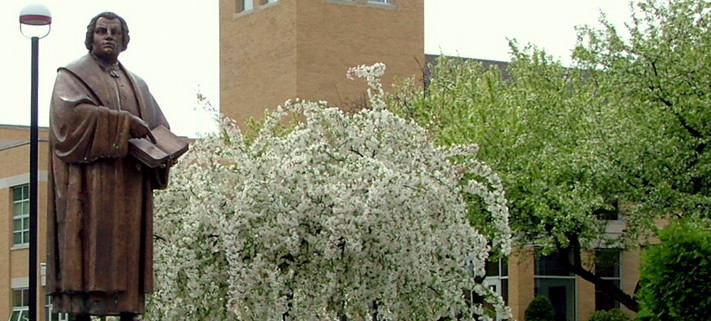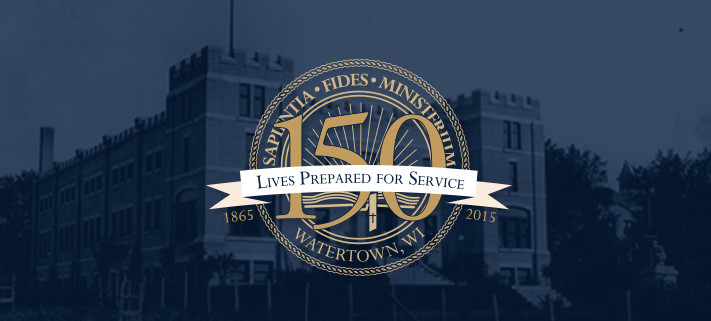How do we talk about divorce with our kids?
Divorce isn’t part of God’s plan for marriage, but it’s a sad fact of life in our fallen world. How do we explain divorce to our kids as they encounter friends and classmates whose parents are divorced? How can we equip them to help friends struggling with divorce? How can we reassure them that divorce isn’t something that they need to worry about? How can we model a God-pleasing marriage? Here a Heart to heart parent and a professional Christian counselor weigh in.
You’ve been friends for years. You and your passel of kids sit together at church potlucks. Carpool to school. Go camping. Share all the requisite happies and sads, from diapers and discipline to report cards and prom dates.
Then your friends make an unbelievable announcement: They’re getting divorced.
The ground shifts, and you have no words for awhile—until you and your spouse look at each other and say it together: “What are we going to tell the kids?”
The answer depends on the ages of your children, but I think every kid needs to hear these three points in some age-appropriate form:
• “The breaking of the marriage vow is a sin. God intends marriage to be for life.”
• “We’re still friends with all of them. We still love them.”
• “Don’t worry—your mom and I are not going to get divorced.”
That won’t be a one-time conversation. It will come up again and again, and you’ll continue to find the words your kids need to hear.
But some children will want more. They’ll want details. Do you tell them? If they’re young, no. More knowledge will only be a burden. These are adult issues. Kids don’t need to carry them.
But if they’re older and the story already is going public, then maybe it’s better they hear it from you. Keep it simple, and be ready to answer any questions they have as honestly as you can.
You might start like this: “Here’s what I know. This is heartbreaking, but Mary broke her marriage vow. She had an affair. Now John has filed for divorce. Mary has repented of her sin, but the divorce is still going forward. John and Mary are both still our friends, but, honestly, we don’t know what our friendship will look like now.”
It becomes more difficult when the reason for the divorce has not been made public. Maybe there’s an addiction or some abusive behavior that’s been hidden behind closed doors for years. Maybe the person filing for divorce is trying hard not to expose the sin of the spouse who broke the marriage vow. Then you might say something like this: “I’m not sure why they’re getting divorced. But we’re going to be kind to both of them, and we’re not going to gossip or speculate.”
In my experience, older children often feel a need to sort it out in their own heads—to find a black-and-white explanation they can be comfortable with. Maybe there is an obvious explanation: an affair, physical beatings, or an addiction to drugs or alcohol that’s led to emotional desertion.
But other times the matter is too nuanced for children to understand, especially if it involves emotional abuse or some kind of online addiction, which can lead to emotional desertion. Truthfully, these psychological tangles are too nuanced for most adults to fathom. Then you can just say, “I don’t understand what happened.” It’s honest.
Your kids may also wonder what to say to the children of the divorcing couple—their friends. What an excellent opportunity for you to massage your children’s hearts, nurturing their empathy and compassion.
• Ask your kids to dig down and think about what they might like to say to their friends.
• Urge them to take their cues from the friends. If the friends want to talk, listen. If they want to go swimming and forget about it awhile, go with them.
• Tell them what you think their friends might ask about: whether they’re partly to blame (no!), whether they could somehow have prevented the divorce (no!), whether they’ll lose their parents’ time or love (no, no, no!).
• Remind your kids that they and their friends are allowed to feel all the feelings: sadness, anger, confusion, worry, relief, happiness. Feelings aren’t wrong, and kids especially need to express them, not keep them in.
When divorce arises in your circle and your kids are looking at you with wide eyes, you know you’re on. You want to clearly express God’s will and also show compassion. You want to be truthful but not encumber your kids with too much information. You want to express your own sorrow but not scare them.
Mostly you want to hug them and reassure them that although this event is rocking their world, some things will never shift: Their mom and dad will always be there for them, and God their heavenly Father loves them more than they know.
Laurie Gauger-Hested and her husband, Michael, have a blended family that includes her two 20-somethings and his preteen son.
When the issue of divorce arises in another family, a child or teenager may wonder if they should be concerned about their own parents getting a divorce. This can present an opportunity for parents to talk with their children and adolescents in age-appropriate ways about steps that Dad and Mom are taking to strengthen their marriage in an effort to avoid divorce.
This can be a great time to talk about—and demonstrate—the importance of:
• Nurturing a marriage with things like date nights, cards, flowers, hugs and kisses on the cheek, plus kind acts. Your children will observe your actions, which can help to calm any anxiety on their part. You will be providing a beneficial template for their own future marriages.
• Communicating well, which starts with actively listening to the other spouse’s message without prejudging it, then using appropriate eye contact, body language, and tone of voice to respond in a respectful manner. These actions will reassure your children of your love and care for their other parent and give them a great example to follow in their lives.
• Resolving conflicts positively using strategies like fair fighting, compromise, negotiation, and maybe even sacrifice. Teach children that conflict is part of life and part of marriage and that it can be managed well to enhance relationships.
• Apologizing and making amends if mistakes were made. How powerful for a young person to see a parent take responsibility and repent for a sinful choice, followed by forgiveness and reconciliation. This is an opportunity for children to see the forgiveness we learn from Jesus in action.
• Celebrating anniversaries, as these are a blessing from God. Give thanks to him for the gift of marriage by marking anniversaries with some fun tradition or meaningful gift.
• Teaching children and teens about God’s design for marriage. Emphasize that Dad is to be the loving head of the household and Mom is to be his respectful supporter. Talk about how Christians should be equally yoked with a Christian spouse. Reinforce that God’s plan is for marriage to be between one man and one woman.
• Worshiping together. We are surrounded by temptations to turn away from God’s design for marriage. Regularly hearing of God’s love in Christ and receiving Holy Communion gives us the strength to live Christian lives.
For teens, parents may also want to broach the topic of sexual fidelity, noting that this too is a gift from God designed to enhance the intimacy between husband and wife. Use this opportunity to reinforce that sex outside of marriage is not part of God’s good plans for us and such sin only leads to heartache.
This may also be a time to reevaluate your marriage. How well are you doing the things listed above? What might you change or improve to strengthen your marriage? What might you want to request of your spouse?
Let’s teach our kids about having strong, God-pleasing marriages through our words and actions grounded in his holy Word. Remember that one of the greatest gifts a parent can give to a child is to love the other parent as God loves them.
Sheryl Cowling is a licensed clinical social worker who is also board certified as a professional Christian counselor and expert in traumatic stress. She provides counseling services at Christian Family Counseling, a ministry of WLCFS—Christian Family Solutions.
Do you have a manuscript, idea, or story from your own life you’d like to share for use in Forward in Christ or on wels.net? Use our online form to share it to our editorial office for consideration.
Get inspirational stories, spiritual help, and synod news from Forward in Christ every month. Print and digital subscriptions are available from Northwestern Publishing House.
Author: Multiple
Volume 102, Number 11
Issue: November 2015
Copyrighted by WELS Forward in Christ © 2021
Forward in Christ grants permission for any original article (not a reprint) to be printed for use in a WELS church, school, or organization, provided that it is distributed free and indicate Forward in Christ as the source. Images may not be reproduced except in the context of its article. Contact us

